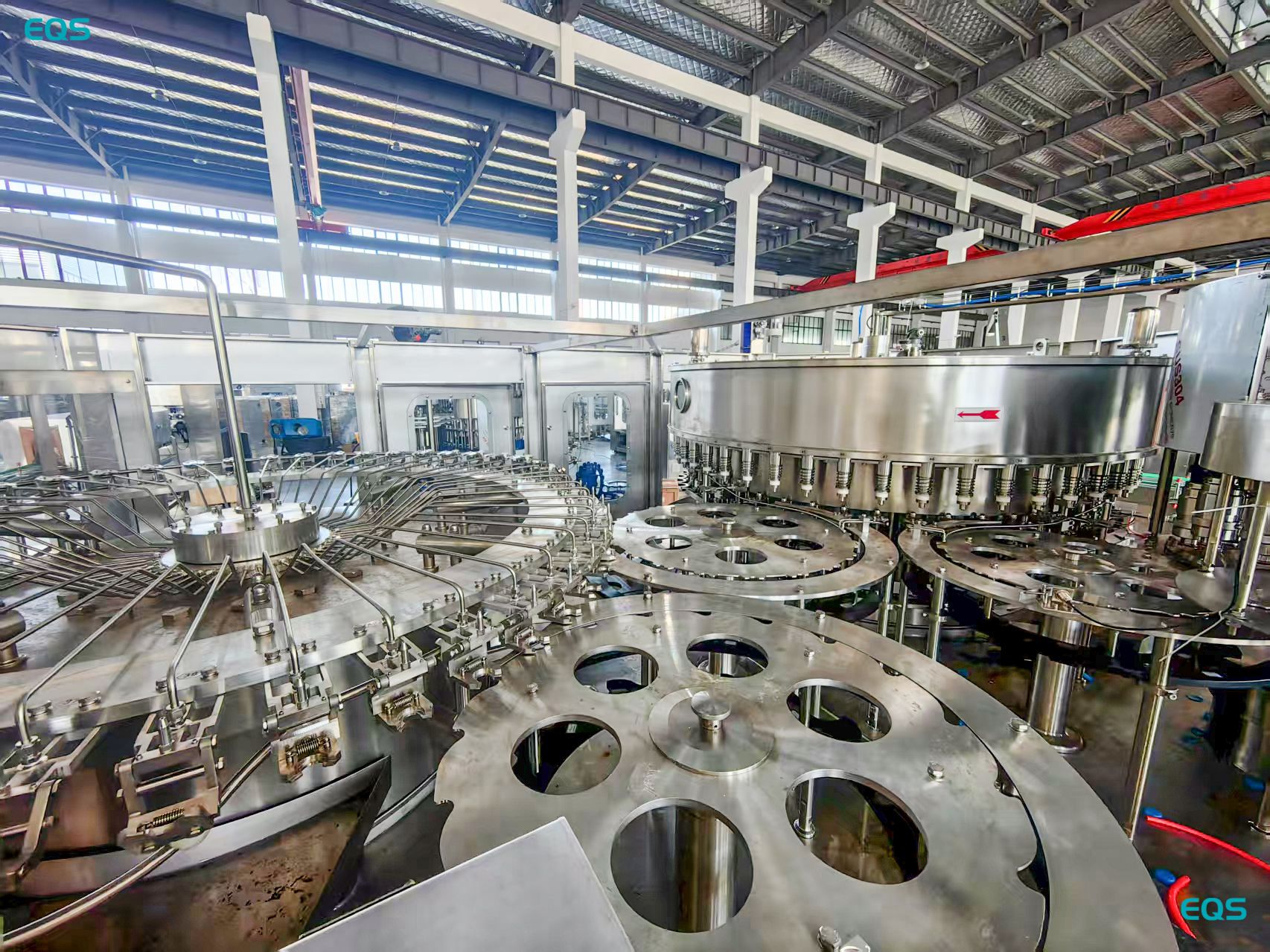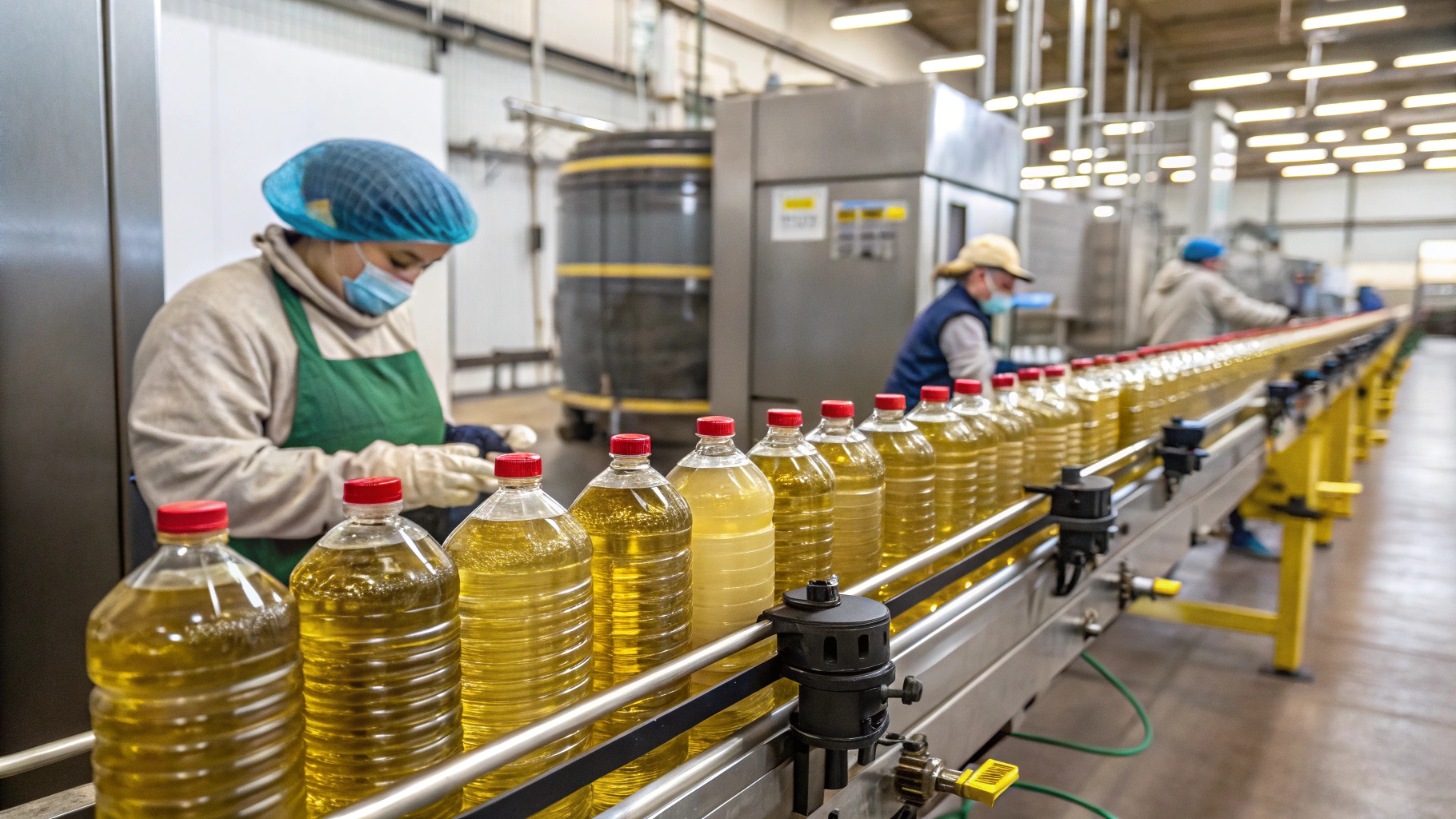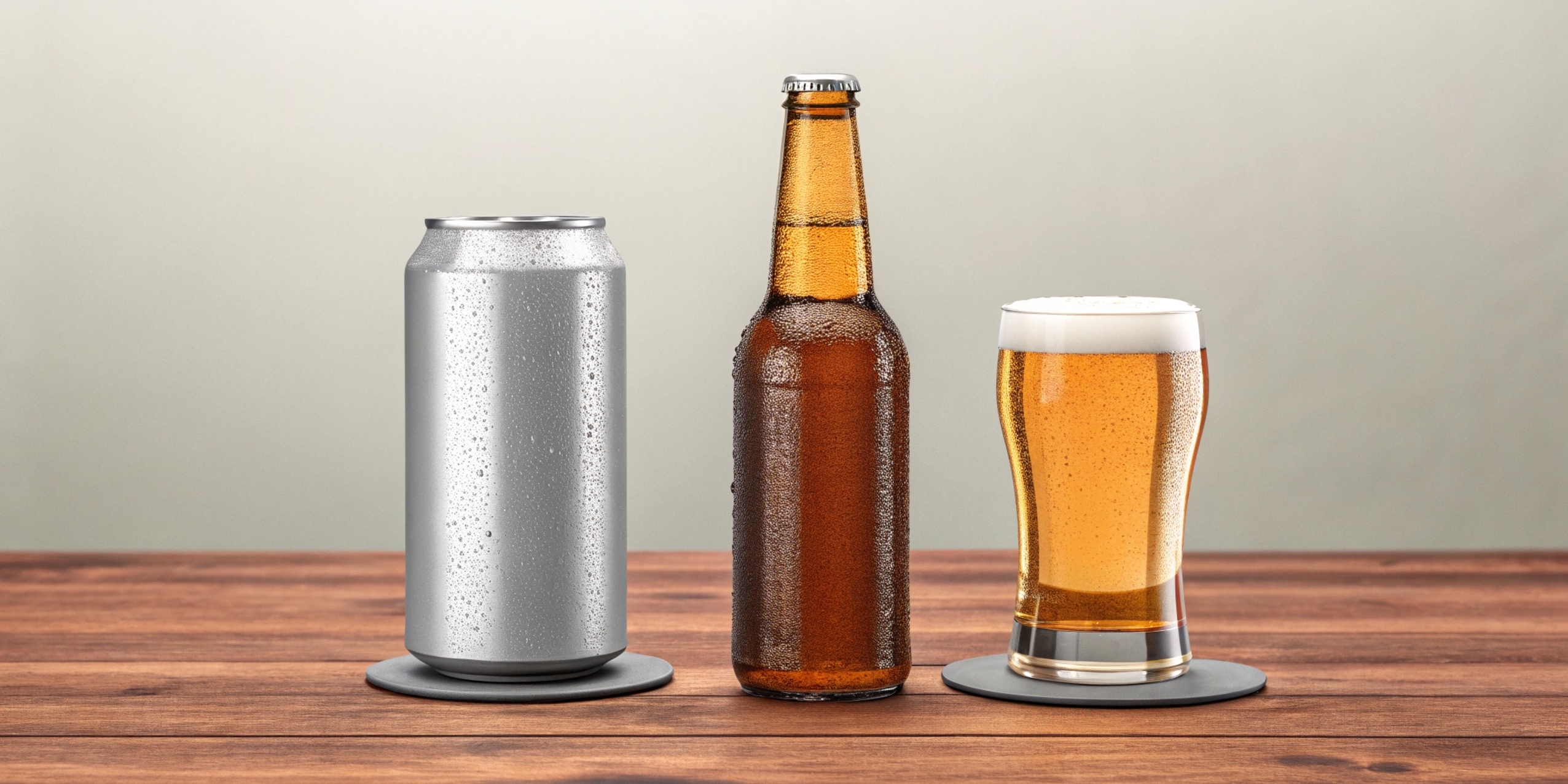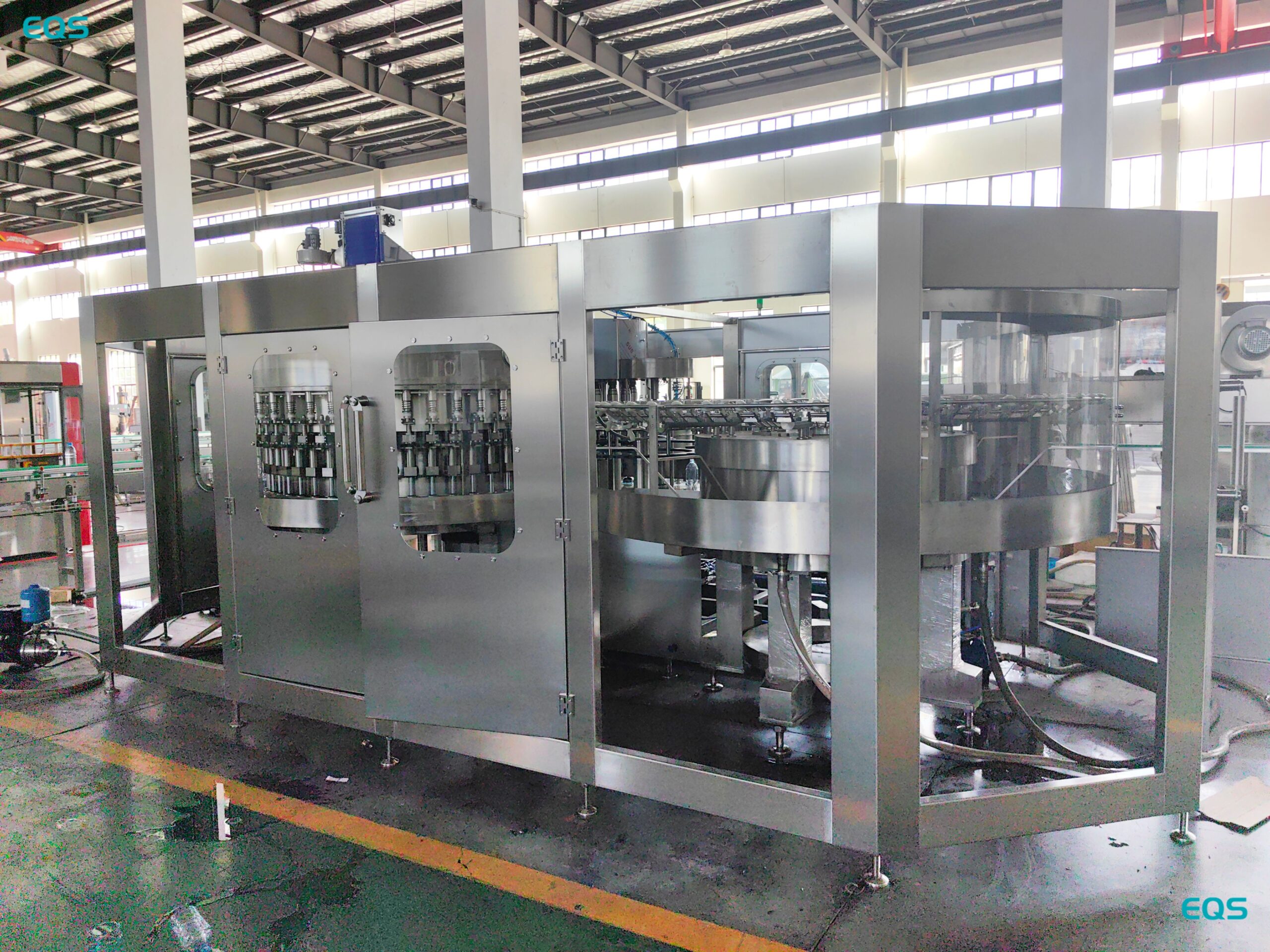How and Why is Beer Pasteurized?
Ever wonder why some beers last longer than others? What if there was a way to keep your favorite beer fresh and delicious for longer?
Beer is pasteurized to extend its shelf life and stability. The process kills or deactivates microorganisms that could cause spoilage. It involves heating the beer to a certain temperature for a specific time.

Want to learn more about how pasteurization affects your beer? Keep reading to find out why this process is so important.
What makes a beer pasteurized?
Are you curious about what it takes to pasteurize beer? Want to know the exact steps involved in this process?
A beer is pasteurized by heating it to a specific temperature, usually between 140-176°F (60-80°C), for a set period, typically a few minutes. This process kills microorganisms that can cause spoilage, extending the beer's shelf life.
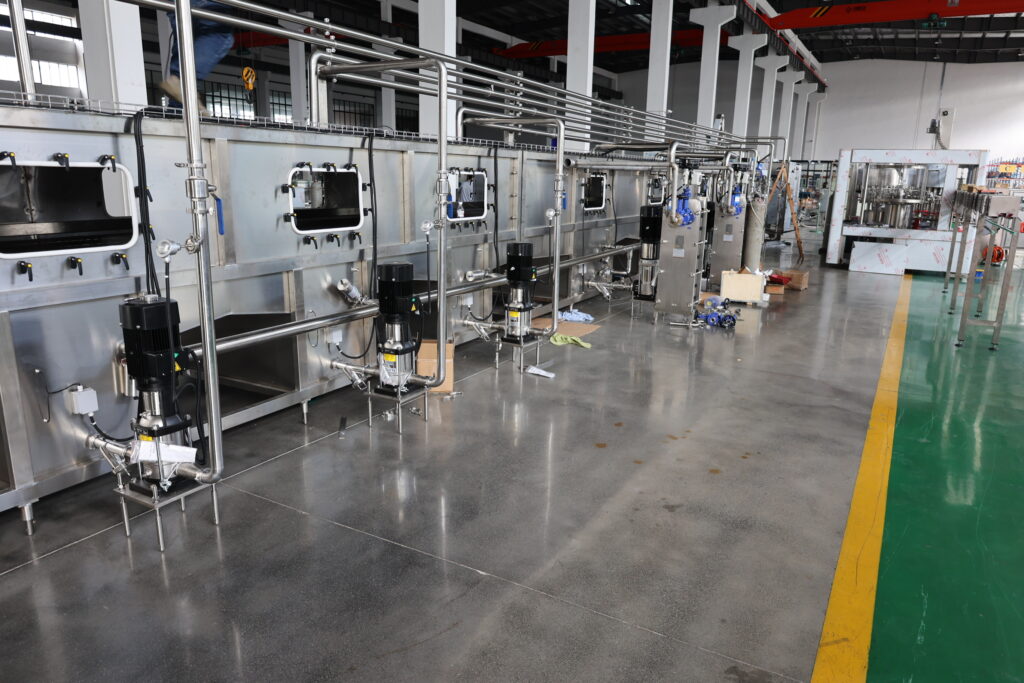
The Pasteurization Process: Dive Deeper
Steps Involved in Pasteurization
- Heating: The beer is heated to the required temperature using a heat exchanger or a tunnel pasteurizer.
- Holding: The beer is held at the target temperature for the specified duration to ensure all microorganisms are deactivated.
- Cooling: The beer is quickly cooled down to prevent any further changes in flavor or quality.
- Packaging (if not already packaged): If the beer was pasteurized in bulk, it is then packaged into bottles or cans under sterile conditions.
Types of Pasteurization
- Flash Pasteurization: The beer is quickly heated and cooled as it flows through a heat exchanger. This method is often used for large volumes of beer.
- Tunnel Pasteurization: Packaged beer is passed through a tunnel where it is gradually heated and cooled by hot water sprays. This method is commonly used for bottled and canned beer.
Quality Control
During pasteurization, it is important to monitor:
- Temperature: Maintaining the correct temperature is crucial for effective pasteurization.
- Time: The duration of heating must be precise to ensure all microorganisms are killed without affecting the beer's flavor.
- Pressure: Pressure is controlled to prevent the beer from boiling during the heating process.
Is unpasteurized beer healthier?
Are you wondering if unpasteurized beer is better for your health? Do you want to know the potential risks and benefits of choosing unpasteurized beer?
Unpasteurized beer is not necessarily healthier, and it may carry a higher risk of containing harmful microorganisms. While it may retain more of its original flavors and enzymes, the potential health risks outweigh the benefits.
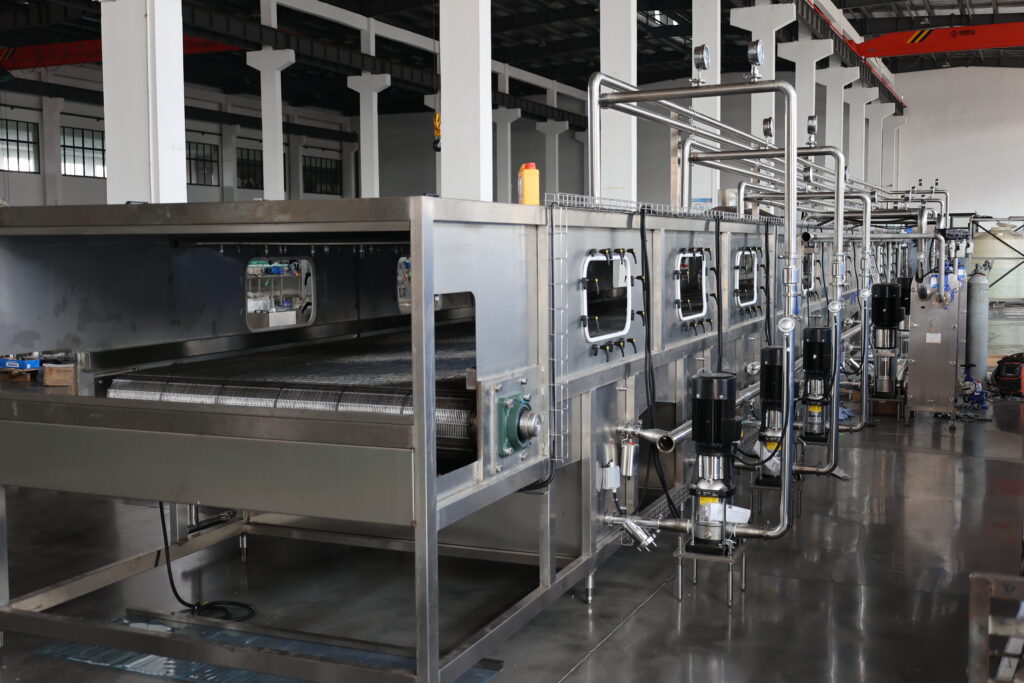
Unpasteurized Beer: Dive Deeper
Potential Benefits
- More Flavor: Some believe that unpasteurized beer retains more of its original flavors and aromas because the heat treatment can alter certain compounds.
- Enzyme Retention: Pasteurization can destroy some enzymes that are naturally present in beer. Unpasteurized beer may contain these enzymes, which some claim can aid digestion.
Potential Risks
- Microorganism Contamination: Unpasteurized beer can contain harmful bacteria or wild yeasts that can cause illness or spoilage.
- Shorter Shelf Life: Without pasteurization, beer has a much shorter shelf life and must be consumed quickly to prevent spoilage.
Health Considerations
| Factor | Pasteurized Beer | Unpasteurized Beer |
|---|---|---|
| Microorganisms | Microorganisms are killed | May contain harmful microorganisms |
| Shelf Life | Longer shelf life | Shorter shelf life |
| Flavor | Slightly altered flavor | May retain more original flavor |
| Health Risks | Lower risk of contamination | Higher risk of contamination |
I once had a friend who insisted that unpasteurized beer tasted better. He claimed it was more "authentic." However, he got sick after drinking a batch that had gone bad, which made me realize the importance of pasteurization.
Is all beer in the US pasteurized?
Are you curious if all the beer you buy in the US is pasteurized? Want to know if there are exceptions to this rule?
Not all beer in the US is pasteurized. Many large commercial breweries pasteurize their beer to ensure a long shelf life, but some craft breweries choose not to pasteurize to preserve unique flavors and characteristics. However, these breweries must ensure their beer is safe for consumption through other methods.
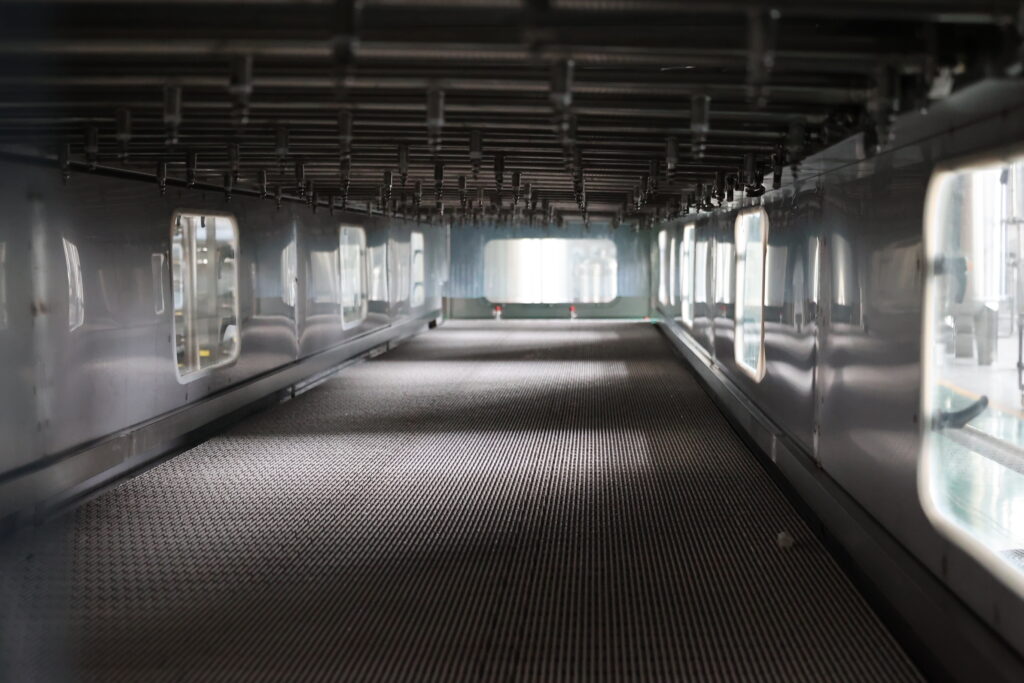
Pasteurization in the US: Dive Deeper
Commercial vs. Craft Breweries
- Commercial Breweries: Large breweries often pasteurize their beer to maintain consistent quality and extend shelf life for mass distribution.
- Craft Breweries: Some craft breweries avoid pasteurization to preserve the unique flavors and aromas of their beer. They often rely on strict hygiene practices and filtration to ensure safety.
Alternative Methods for Ensuring Safety
- Sterile Filtration: Removing microorganisms through fine filters.
- Strict Hygiene Practices: Implementing rigorous cleaning and sanitation procedures.
- Careful Monitoring: Regularly testing beer for microbial contamination.
Regulations
The Alcohol and Tobacco Tax and Trade Bureau (TTB) regulates the production and sale of alcohol in the US. While there is no specific requirement to pasteurize beer, breweries must ensure their products are safe for consumption.
Why is bottled beer pasteurized?
Are you wondering why bottled beer undergoes pasteurization? Do you want to know the specific reasons behind this practice?
Bottled beer is pasteurized to prevent spoilage and extend its shelf life. The pasteurization process kills any microorganisms that may have entered the beer during the bottling process, ensuring that the beer remains stable and safe to drink for an extended period.
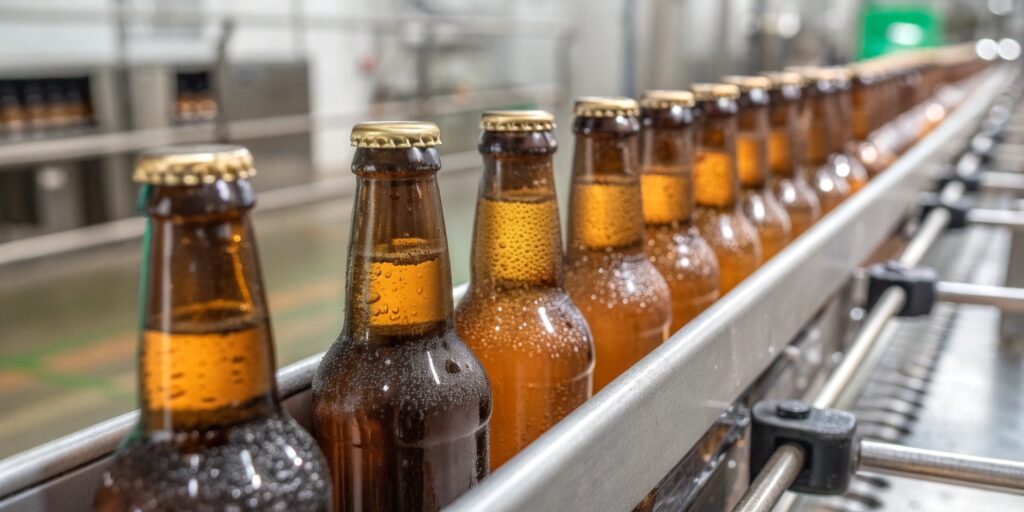
Pasteurization of Bottled Beer: Dive Deeper
Preventing Spoilage
- Microorganism Control: Pasteurization eliminates bacteria, wild yeasts, and other microorganisms that can cause off-flavors and spoilage.
- Extending Shelf Life: By killing these microorganisms, pasteurization significantly extends the shelf life of bottled beer, allowing it to be distributed and stored for longer periods.
Ensuring Safety
- Public Health: Pasteurization ensures that bottled beer is safe for consumption by eliminating harmful pathogens.
- Consistency: The process helps maintain consistent flavor and quality across different batches of beer.
The Bottling Process
Even with the best hygiene practices, some microorganisms can still enter the beer during bottling. Pasteurization acts as an extra layer of protection, ensuring that the final product is safe and stable.
When I was researching beer production, I learned that even a tiny amount of contamination can ruin an entire batch of beer. Pasteurization is like an insurance policy, guaranteeing that the beer will remain fresh and enjoyable.
Conclusion
Pasteurization is a crucial step in the production of many beers, ensuring safety, stability, and a longer shelf life. While some craft breweries opt for alternative methods to preserve unique flavors, the majority of bottled beer undergoes pasteurization to deliver a consistent and enjoyable product.
My name is Allen, and I'm an expert in filling machine technology at EQS (eqsfilling.com), a leading liquid packaging solution provider based in China. If you're looking for top-quality equipment for your production line, feel free to reach out to me at [email protected]. We specialize in providing customizable solutions with cutting-edge technology.


